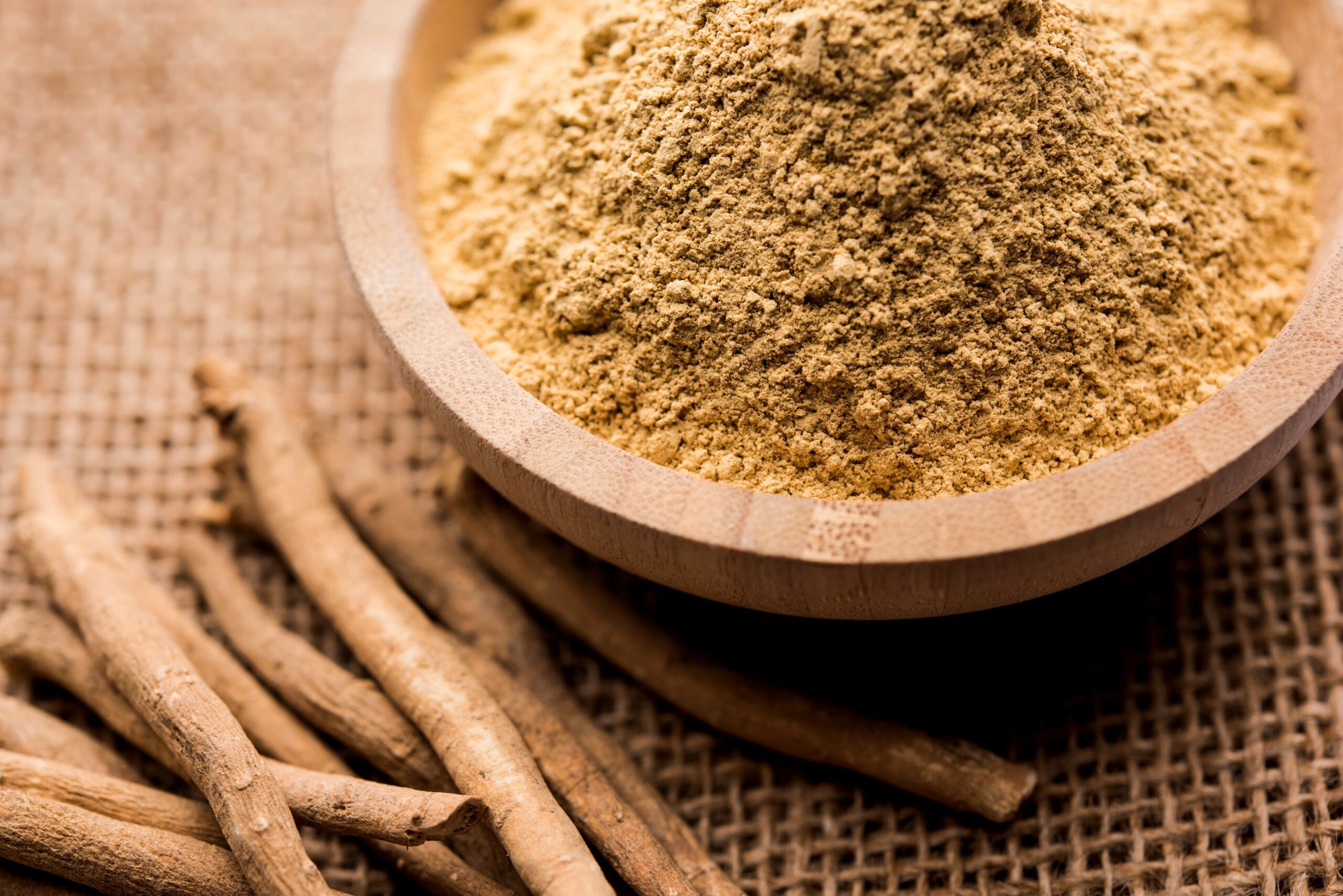The roots and leaves of the ashwagandha plant have been used in traditional medicine for centuries and people who use it say it can relieve stress, improve concentration, and increase energy levels. However, these claims aren’t always authorised so before you try this vitamin for yourself read our guide. And remember to always speak to a pharmacist.
How are ashwagandha supplements made?
Ashwagandha is a shrub with small yellow flowers that grows across parts of India, Africa, and the Middle East. Its scientific name is Withania somnifera. It’s also known as winter cherry and Indian ginseng.
The roots and leaves of this plant are turned into powders or extracts which are used inside supplements.
How can ashwagandha be taken?
Ashwagandha supplements are available from pharmacies, health food shops and supermarkets. The vitamins come in a few different forms to make them easy to take as part of a varied diet and healthy lifestyle.
Ashwagandha can be taken as:
- Capsules
- Powder
- Tablets
- Oil
Many of these are suitable for vegans and vegetarians but make sure to check the product packaging.
Can I have ashwagandha in a drink?
If you’d like to take ashwagandha as a drink, then opt for powder. This can have an earthy (and sometimes bitter) taste so keep this in mind when you’re mixing it up. Ashwagandha powder can be added to smoothies, milk and juices by following the guidelines on the pack.
A quicker way of taking this supplement would be in a capsule or tablet, usually taken once a day with a meal. But you should read individual product guidelines for dosage advice.
Does Ashwagandha have any potential health benefits?
All kinds of potential health benefits are associated with ashwagandha; however the following are three of the most commonly reported:
- Stress relief
- Improved cognitive performance
- Reduced pain and inflammation
- Fertility and sex drive
Some clinical studies have indicated that ashwagandha has health benefits, but more research is needed as there’s not enough scientific evidence for bodies like the NHS to approve it as a medical treatment.
As part of a healthy lifestyle, however, most people can take ashwagandha supplements safely – and some may even find that it benefits their health.
How to take ashwagandha safely
Before you start taking ashwagandha it’s a good idea to speak to your GP or one of our pharmacists.
Because ashwagandha isn’t considered a medical treatment by the NHS, not much is known about its side effects or long-term risks. It’s thought to be safe for most people to take, but some guidance advises that it shouldn’t be taken by pregnant women, or by people with autoimmune conditions. Checking with your GP or pharmacist first will ensure you can take it safely.
Remember: although some studies have found that ashwagandha is an effective treatment, we still don’t know enough about how it affects the body. For this reason, you should never use it as a substitute for NHS-approved medication that your GP has already prescribed.
What dose do I need?
It’s also important to take ashwagandha (or any other herbal medicines) in the recommended dosage – either what your GP advises, or according to the instructions that come with your supplements. Plus, food supplements should not be used as a substitute for a varied, balance diet and healthy lifestyle.
##product-carousel:nu-u-nutrition-ashwagandha, nutri-within-organic-ashwagandha-400mg-120-capsules, solgar-ashwagandha-root-extract-vegetable-capsules, usn-sleep-x, higher-nature-daily-nutrients-for-calm##
Where to buy ashwagandha
You can buy ashwagandha at health food shops and in high street pharmacies, including LloydsPharmacy. You could try ashwagandha powder capsules from Nutri Within, they’re vegan and easy to swallow. There’s also capsules with a variety of dosages, so it’s best to read the product description and labels to find the right ones for you.
You should avoid buying it from unregulated websites, as it may not be safe – always look for the registered pharmacy number. When buying any herbal medicine, the NHS recommends looking for a product that has a traditional herbal remedy (THR) marking.
References
www.medicalnewstoday.com/articles/318407
www.healthline.com/nutrition/12-proven-ashwagandha-benefits
www.nhs.uk/conditions/herbal-medicines
www.ncbi.nlm.nih.gov/pmc/articles/PMC3252722
Source link

Leave a Reply